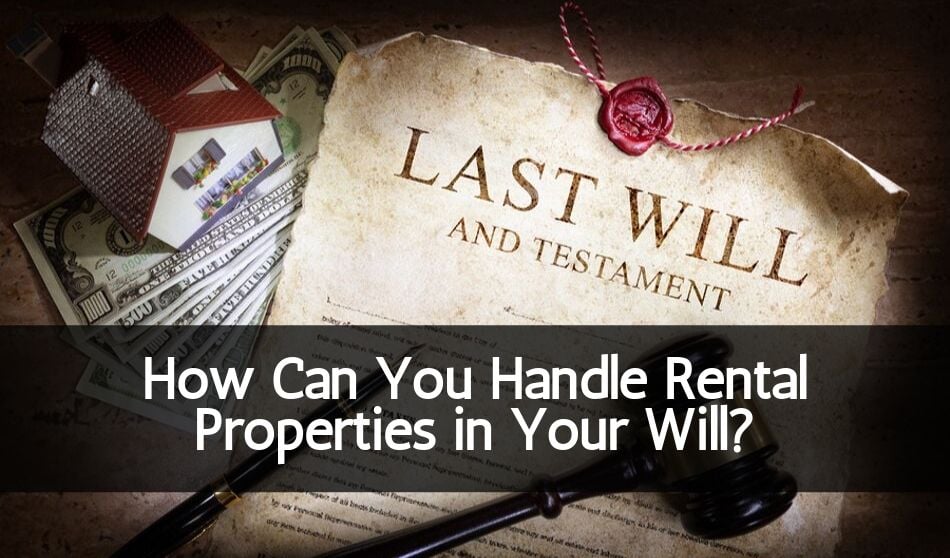
Compared to passing down other assets, passing down a property to your heirs can be complex. Property is often valuable but also requires upkeep and maintenance, and is typically subject to several laws, especially if you use it as a rental property. Property is also harder to liquidate after it has been inherited than other assets.
But despite the difficulty, it is possible to pass down your rental properties without a headache for you or your beneficiaries. The process may seem complicated, but you do have options when it comes to handling the rental properties in your will.
Take a look at these common options, then consider contacting a tax professional and/or lawyer to help you navigate the solution that’s best for your portfolio.
1. Leave the Properties to Your Beneficiaries
It is possible to simply leave the property to the beneficiaries in your will. Assets that transfer through a will, however, must go through a probate process. Probate is slow, public and can be very costly. Around five to 15% of the total value of the estate will go to probate and legal fees.
In some states, it is also not possible to rent out properties under probate, which may put a temporary financial strain on the beneficiary or beneficiaries that inherit your rental properties.
2. Add Co-Owners to the Property Deeds
If you want to avoid probate, it’s possible to add your heirs as co-owners to the current property deeds. This method does come with drawbacks, though. The portion of the property you transfer is subject to a gift tax, so you will need to report it. The rental properties will also become assets of the new co-owners.
If one of your heirs incurs significant debt or has a divorce, a lien may be placed on the property. You will also need the permission of all co-owners if you want to sell or refinance any of the co-owned properties. While adding your heirs as co-owners will avoid probate, it can create a new set of problems that may be harder to navigate.
3. Create a Family or Living Trust
To avoid probate while maintaining control of your properties, you can place the properties in a family trust. When you create a trust, you will designate a trustee who will manage the property after your death. You will have full control over the properties while you are alive, unlike with co-ownership, and the properties will be distributed after your death without needing to go through probate.
A trust can be especially beneficial if your properties are spread out over multiple jurisdictions or states, as your estate may have to go through probate in each of those states. The variation in state-level rules regarding trusts means it’s important for you to work with a legal professional to set up the trust.
The family trust will not affect your taxes while you are alive. After your death, however, the trust will become an independent taxpayer, and pay a steep rate on income before the property gets distributed. If your heirs or beneficiaries are minors, or there are extenuating circumstances that would keep the property from getting distributed for an extended period, creating a trust may be more expensive than going through probate.
4. Sell the Properties
Selling a property isn’t simple, but it may be simpler than the process of trying to pass along your rental properties. If you sell your property, it will be easier for it to get divided among the heirs in your will.
There are certainly benefits to selling a home. Under current tax law, a married couple can exclude $500,000 from the sale of a home, but only if they have lived in that home for at least two of the last five years.
In the case of rental properties, however, this may not hold true. You will need to follow all state laws regarding the sale of rental properties and learn the ins and outs of how taxes will affect your plans. That’s why it’s always beneficial to consult professionals if you’re struggling with a complicated decision.
Handling Rental Properties in Your Will
Passing down property will require communication. Homes often have significant sentimental value that your children or relative may want more than the material value of the home. You might not say the same for rental properties, which also require maintenance, repair, and management.
Your heirs may feel less like they’re inheriting an asset and more like they’re inheriting a responsibility. However, with careful planning and some forethought, you can avoid some of the common pitfalls of passing down property.





